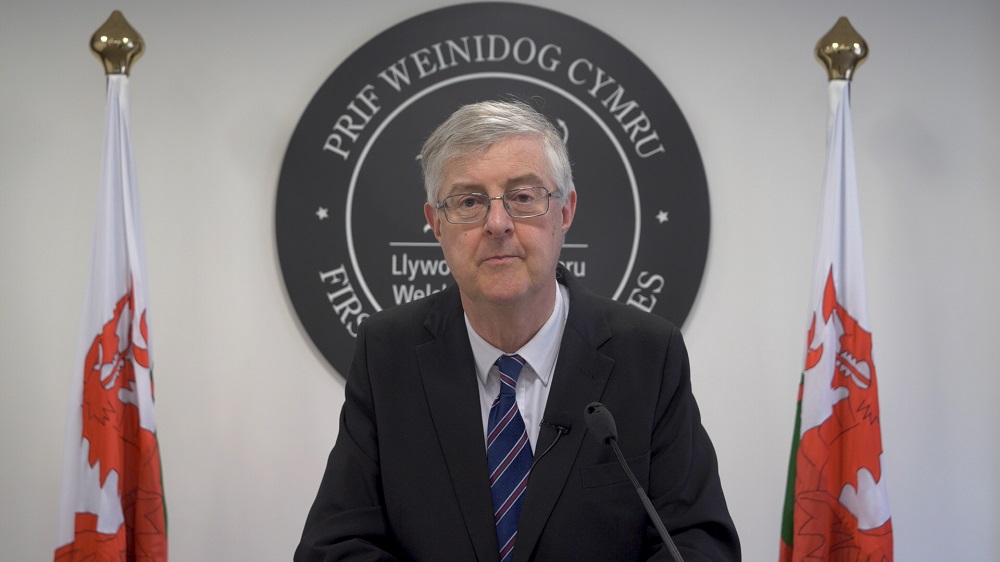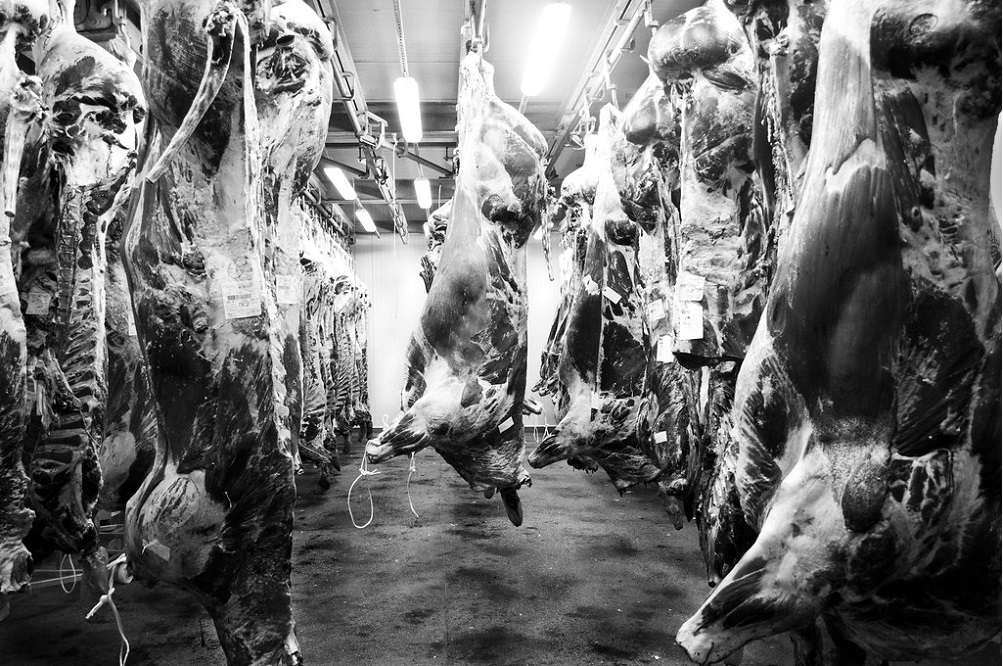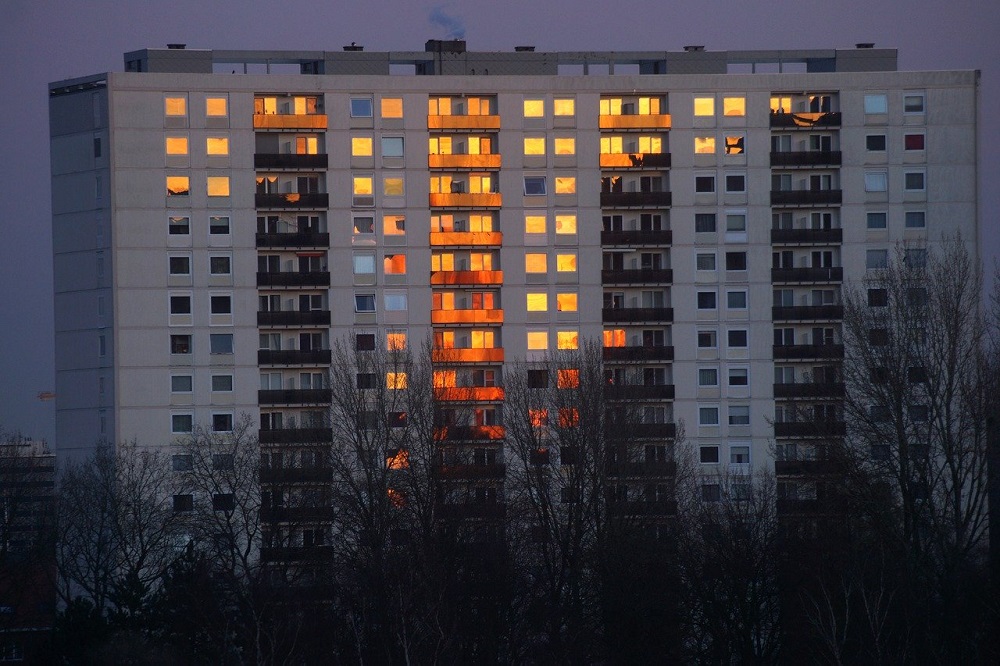News in brief: First Minister plays down fears of national lockdown

First Minister Mark Drakeford says the Welsh Government is not considering proposals for a national lockdown at present, despite the recent increase in coronavirus cases.
Earlier on Friday The UK health secretary, Matt Hancock, refused to rule out imposing nationwide restrictions across England to try to slow a surge in Covid-19 cases.
According to The Financial Times, experts on the UK government’s Scientific Advisory Group on Emergencies (Sage) and the Scientific Pandemic Influenza Group on Modelling (SPI-M) have suggested a new national shutdown in England, where the number of cases of the virus are currently doubling every seven to eight days
Mr Hancock told Sky News: “A national lockdown is the last line of defence and we want to use local action, and we want people to follow the rule of six, in order to avoid it.” But he said the government would “take the action necessary” to keep people safe.
The Financial Times reports a lockdown could potentially coincide with the October school half-term In England, to limit the impact on children’s education.
Yesterday Health Minister Vaughan Getting said a positive rate of 4% across Wales would trigger a national lockdown. The current rate is 2.5 according to the latest figures from Public Health Wales.
Speaking at today’s government press briefing Mr Drakeford said a “series of measures” were being discussed by SAGE, some of which were things already being done in Wales.
He said there was a debate over whether “we have to contemplate a series of measures” to interrupt a “rapid rise in this disease in some parts of the country”.
“I think this is a sensible discussion to have, although I don’t think that it is a decision that would need to be made in Wales today or even next week,” he added.
He said the position in Wales with the virus was “so varied”, and in some places the number of cases was going down and not up.
Mr Drakeford also said the Welsh Government had continued to ask people to work from home if they can throughout the pandemic, unlike UK ministers.
PHW has recorded one further death due to coronavirus today and 184 new cases.
Today’s death was the fourth in the last 24 hours. Before yesterday there hadn’t been any deaths dating back to 31st August. Since March 1,601 people have died in Wales because of the virus.
Rhondda Cynon Taf, which has been under additional coronavirus restrictions since yesterday, again recorded the highest number of new infections in Wales with 45. There have been 202 cases in the area over the last seven days and the rate of infections per 100,000 people now stands at 83.7, also the highest in the country.
Caerphilly, which has been under a local lockdown for over a week, recorded 18 new infections as did Newport, where the growing number of cases are being closely monitored by health officials.
Merthyr, which is also on the government’s watchlist reported 11 new positive infections, taking the weekly total to 34. The proportion of infections in the area is 56.4 per 100,000, the third highest in Wales behind Rhondda Cynon Taf and Caerphilly.
A total of 20,233 people have tested positive for Covid-19 since the start of the pandemic.
PHW reports that 10,784 tests were carried out in Wales yesterday

Shadow minister renews CCTV calls following illegal slaughterhouse prosecutions
Janet Finch-Saunders MS, the Shadow Minister for Rural Affairs, has welcomed the successful prosecution of three men caught running an illegal slaughterhouse on a farm in Pembroke Dock.
Earlier this week the men were found guilty of various charges, including operating a food establishment without the required approval, operating a slaughterhouse that failed to meet specific legal requirements relating to hygiene, and failing to ensure food premises were clean and maintained in good repair.
“There is absolutely no excuse for the appalling conditions found at the farm in question in Pembroke Dock, and I am pleased to see that the prosecution was successful,” Mrs Finch-Saunders said.
“Food standards in Wales and the UK are – cases like this aside – among the highest in the world, and prosecutions such as this serve to strengthen those standards.”
“We Welsh Conservatives are calling for CCTV to become mandatory in slaughterhouses in Wales after the failure of the voluntary scheme, which would have helped the authorities amass even more evidence in this shocking case.”
“The use of this technology has long been viewed as an important step in ensuring that we have very highest levels of protection on animal welfare in Wales.
“Urgent action needs to be taken to rectify this situation, mandating the use of CCTV in critical areas in Welsh slaughterhouses. Not only will this bring our legislation in line with England and Scotland, but it will also provide reassurance to the public that high animal welfare standards are being maintained throughout Wales.”

Support for homebuyers extended
The government’s Help to Buy Wales scheme is to be extended until at least March 2022, the Minister for Housing and Local Government Julie James has announced.
The homeownership scheme, which was due to close to applicants on 31 March 2021, will be extended until March 2022 with the possibility for a further extension until March 2023 subject to the availability of funding from the UK Government.
Help to Buy Wales provides a shared equity loan to buyers of new-build homes, supporting the purchase of homes priced up to £300,000 and bought through a builder registered with the programme.
Since its launch in 2014, more than 10,215 homes have been bought through the scheme.
The next phase of the scheme will introduce some changes from April 2021 including the reduction of the price cap from £300,000 to £250,000 as well as improved quality with all homes being broadband ready.
“I want to ensure support is available to all those who need it when making the most significant purchase of their lifetime and allow developers to plan for their future,” the minister said.

Call for fire safety fund for leaseholders
The first short debate of the new term was led by David Melding MS (Con, South Wales Central).
Developers avoiding their moral obligations
Following the Grenfell Tower disaster, the issue of fire safety in high rise residential buildings came to the fore across the UK.
Leaseholders are in a particularly difficult situation, facing the prospect of having to pay large sums of money to correct failures which would’ve passed building inspections at the time; one of the high profile examples in Wales is a stone’s throw away from the Senedd at Celestia.
David Melding accused some developers of lacking moral courage:
“….it is true that some builders and developers have acted responsibly and entered into a partnership with leaseholders and Government to rectify the faults that made buildings unsafe; others, however, are avoiding their obligations, at least their moral ones, or awaiting the outcome of legal proceedings; and some are playing the game of drawing out legal proceedings, knowing how vulnerable the leaseholders in these apartments are.”
– David Melding MS
In England, £1 billion has been made available via a building safety fund. Alongside recent moves to provide low-interest loans to tenants in Wales facing rent arrears because of Covid-19, it would be “an intelligent offer” for a building safety fund to happen in Wales.
Praising the Minister’s leadership and innovation in some aspects of her portfolio, David Melding couldn’t help but express disappointment on this particular area.
Mike Hedges MS (Lab, Swansea East) criticised the whole concept of “feudal” leaseholds and support moves to co-operative ownership, while Jenny Rathbone MS (Lab, Cardiff Central) was shocked the UK House of Commons recently voted down a proposal to implement the Grenfell Inquiry’s Phase 1 recommendations in full.
Financial support not ruled out, but concerns over the impact on equity
Minister for Housing & Local Government, Julie James (Lab, Swansea West), accepted there were serious issues with leaseholds and welcomed a push to reform them – but that’ll take time.
On the wide issue of financial support and rectifying problems, there were three main issues: fire-proofing the building itself, sorting out the difficulties surrounding leaseholds and management companies and protecting the equity for people in this situation through no fault of their own.
“We’re carefully watching the UK fund. They haven’t spent very much of it yet, so it’ll be interesting to see what happens. I fear that it’s going to take the equity away from the leaseholders, that’s the truth. So we’ll see, but I have a lot of sympathy for the people. So, we are very much looking at it. We haven’t stepped over it yet because I haven’t got a solution that I think does the thing that people want.”
– Minister for Housing & Local Government, Julie James
A white paper on fire safety is set to be published before the next election, but there isn’t enough time left – due to the pandemic – to introduce a new fire safety law.
Support our Nation today
For the price of a cup of coffee a month you can help us create an independent, not-for-profit, national news service for the people of Wales, by the people of Wales.





